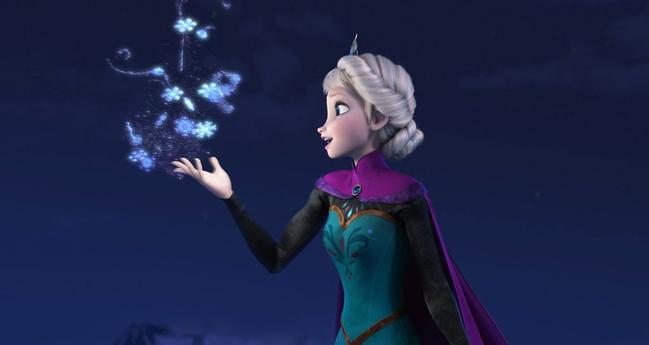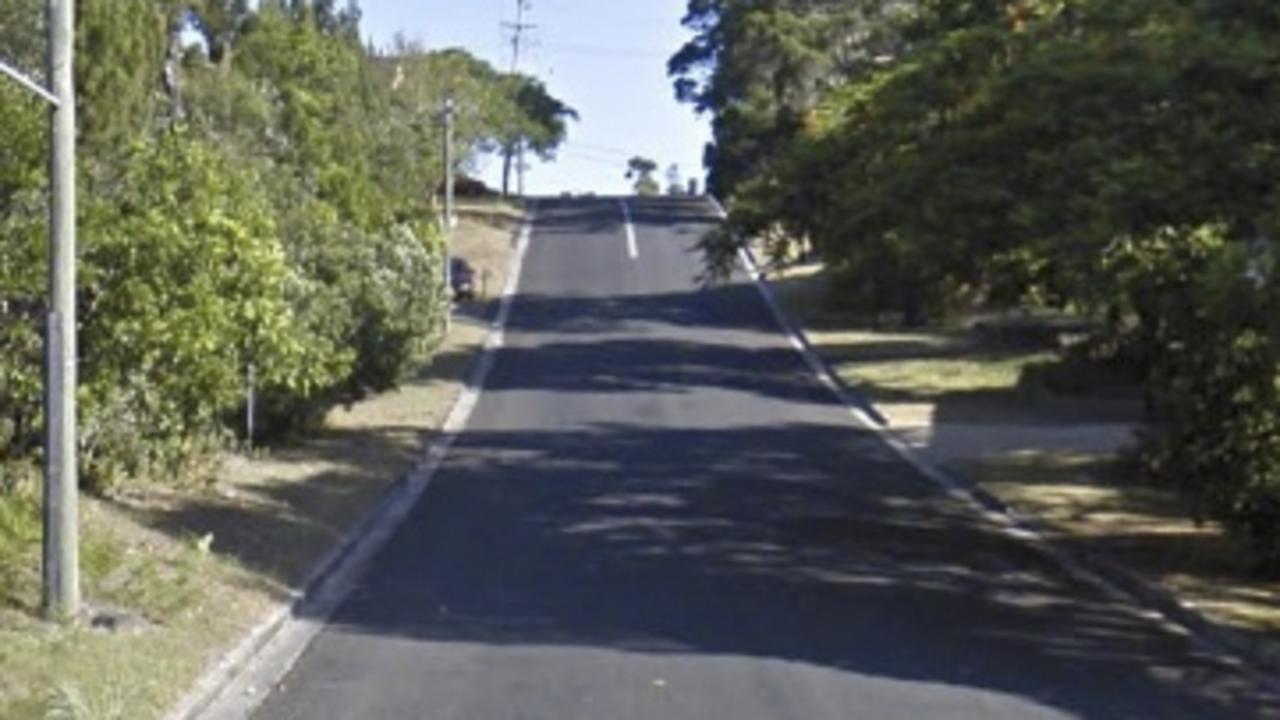OPINION: Not kids who have problem with Elsa being a lesbian
IT'S not children but parents who have a problem with the idea of Elsa being a lesbian.

Ballina
Don't miss out on the headlines from Ballina. Followed categories will be added to My News.
FOR the past 48 hours I have been at war with people on the internet - people who seem unable to express themselves without throwing around a few insults.
It all began when Twitter unexpectedly blew up with what I thought was a delightful suggestion - that Frozen's Queen Elsa should have a girlfriend in the original movie's sequel.
Apparently this caused some parents across our fair nation and the world to spit out their Wheaties as they cried out "won't somebody please think of the children?!"
The internet lit up with outrage over this simple suggestion.
"I don't want to have to explain same-sex relationships to my kids," some moaned.
"I think we should keep children innocent and not expose them to adult concepts of sexuality," cried another.
One of the problems I have with all this is the hypocrisy.
The idea that it's harder to explain to a child the dynamics of a homosexual relationship than a heterosexual relationship.
The idea that it doesn't count if children are exposed to heterosexuality, but homosexuality is a bridge too far.
The fact that this is so controversial tells me we will have a long way to go when it comes to equal rights and respect for other people, whatever their sexual persuasion might be.
Our society has so many representations of heterosexuality, you would think all us straight people would be more than satisfied.
But no. This one small gesture that might start a conversation that could save lives is apparently going too far.
Imagine if we raised children knowing that sometimes boys like boys or girls like girls.
Imagine if we could tell them that there are different types of love and it's nothing to be ashamed of.
Imagine if kids attracted to the same-sex had a Disney character they could relate to; that would help them realise they weren't weird or strange or abnormal.
We could tell our kids that gay is not "other". That being gay or lesbian is not a reason to ostracise or bully someone.
Why is this not a worthwhile message?
The gay, lesbian and transgender community has the highest suicide rates in Australia.
Discrimination and exclusion have been highlighted as the major casual issues behind the mental health issues faced by the LGBTI community.
We can all choose to do something about this, starting with having conversations with our children and including this community in popular culture instead of trying to further alienate and marginalise people who are in many cases already struggling.
Some statistics you may not know, courtesy of BeyondBlue: at least 36.3% of transgender and 24.4% of gay, lesbian and bisexual Australians met the criteria for experiencing a major depressive episode in 2005 compared to 6.8% of the general population.
Up to 20% of transgendered people and 15.7% of lesbian, gay and bisexual Australians report having suicidal thoughts.
Australians who are attracted to the same-sex are 14 times more likely to attempt suicide than their heterosexual peers.
The average age of the first suicide attempt for a young person struggling with telling others of their sexual persuasion is 16 years old.
These statistics are alarming.
They point to a need for acceptance, a need to take all the opportunities we have to ensure the LGBTI community is accepted, embraced, represented.
But at the very first hint that one of our children's cultural icons might not be straight, people seemed to lose their minds.
We are so unwilling to budge and make room for others we perceive as not being like us; the irony is that the very children we are trying to "protect" from homosexuality - an idea I personally find highly offensive - might be the ones who need to hear our words of acceptance the most.
Debating on Facebook posts where straight parents were behaving as though end times had just started, I tried to challenge their thinking.
"Why don't you replace the word same-sex or gay with the word black and read your words again," I suggested.
"We don't want a lesbian character" would then become "we don't want a black character".
I was trying to point out to them that all forms of bigotry are repulsive - that they might not think or realise they are being bigoted, but they actually are and maybe a comparison to racism would jolt them out of the cultural cocoon they seemed to have made for themselves.
Alas, their intolerance seemed to know no bounds.
They don't seem to see as clearly as I do the very real connection between the marginalisation of minority ethnic groups and the marginalisation of those with sexual preferences other than heterosexual.
Right now you can see what is happening time and time again in popular culture and for me, it is extremely distressing.
Remember how in movies many years ago there was such a thing as the "token" black person? And how quite a few of those "token characters" were sure to die before the conclusion of the program?
Well this is now pop culture's favourite way of including the LGBTI community in their representations - a brief stint on a television program, followed by an even quicker death.
The phenomenon even has a name - Bury Your Gays.
In March, in the space of just a week, Lexa from The 100 was killed off after having formed a lesbian relationship with the main character of the sci-fi series, Clarke.
Then on The Walking Dead, Denise, in a relationship with Tara, was killed by an arrow through the eye - a death even more insulting because in the comic book series, a heterosexual male was the one who died in this manner.
For reasons known best to themselves, producers wanted to keep his character alive and the lesbian woman was the one they placed on the chopping block instead.
To make the point even more clear, this isn't the first time Tara has lost a love interest - Alisha was killed in the fourth season of the show in a relationship that was, granted, much less well developed.
We need to reflect seriously on the message we are sending when these characters are "expendable" and the idea of making a beloved character like Elsa a lesbian is apparently incomprehensible.
The people who don't want Elsa to have a girlfriend can hide behind their children all they want.
They can say that want to "protect" them even as they happily expose them to heterosexual relationships that validate their idea of what is "normal".
But I ask them to remember this.
Children are not the little tenderfoots some people think they are.
They are bright, inquisitive little people who should be taught that love comes in different forms and I believe that they are completely equipped to handle that idea, that it won't ruin their innocence or disturb their minds.
A friend told me recently that her daughter saw two men walking a dog and assumed they must be married.
There was no concern, no fear, no anxiety in her four year old's voice as she voiced this opinion. It was merely an observation.
Children are the most wonderfully non judgemental creatures, aren't they?
In the end this alleged fear for their children is a convenient disguise for the discomfort that those opposed to the notion of a lesbian cartoon character clearly feel themselves.
And that is something I wish they could at least be honest about.
Originally published as OPINION: Not kids who have problem with Elsa being a lesbian


